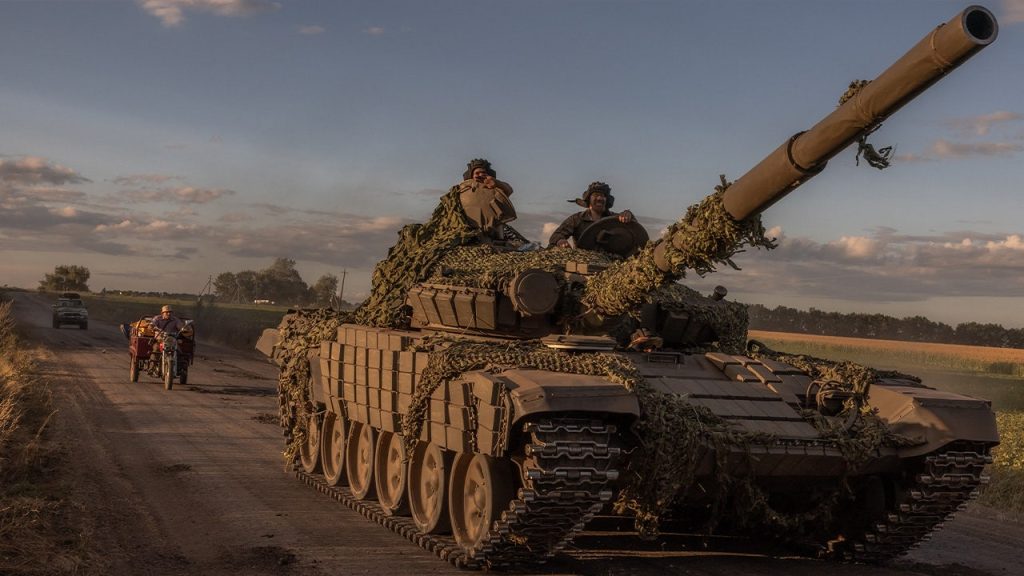Russian President Vladimir Putin is facing Ukrainian offensives in Russia’s Kursk region in response to what Ukrainian President Volodymyr Zelenskyy has described as a border security operation aimed at liberating the border area from Russian military forces. Ukrainian troops have captured nearly 400 square miles of Russian territory, prompting Moscow to call for a federal state of emergency in Kursk and leading to the evacuation of hundreds of thousands of Russian civilians. Reports have surfaced indicating that Ukrainian forces are digging trenches in the Kursk region, suggesting a long-term strategy to draw Russian forces away from the frontlines. Russian bloggers claim that Putin has appointed a new security official, Alexei Dyumin, to oversee ending Ukraine’s operations in Kursk, signaling a reevaluation of Russia’s war strategy in the region.
The Ukrainian operation in Kursk Oblast has forced a decision-point on the Kremlin and the Russian military command regarding the defense of the international border with northeastern Ukraine. Russia has been forced to reevaluate its border security policies in light of Ukraine’s successful cross-border invasion, which has impacted Russia’s force posture in Ukraine. The ongoing conflict has left the international community questioning how and where the war will continue to be fought, with Zelenskyy arguing that bringing the fight to Putin’s doorstep is the only way to force Russia into peace. He has called on the U.S. and its allies to allow Ukraine to use long-range weapons to counter Russian military targets, though Washington has been reluctant to approve such operations.
Ukraine has targeted multiple western Russian regions on or near the border, including the Bryansk, Oryol, Kursk, Lipestk, Belgorod, and Voronezh oblasts, in a series of drone strikes. The Pentagon confirmed that these operations fall within Washington’s policy for Ukraine’s use of U.S.-provided weapons for “cross border” attacks, but has reiterated its opposition to long-range strikes in Russia. Despite this, Zelenskyy continues to push for more permissions from Washington, arguing that restrictions on long-range targets are prolonging the war and putting Ukrainian lives at risk. He believes that the use of long-range weapons could significantly advance efforts to end the conflict and save lives from Russian attacks.
Zelenskyy’s comments have acknowledged Ukraine’s invasion of Russian territory and the ongoing military operations in Kursk, challenging Russia’s dominance in the region. The trench-digging activities by Ukrainian forces may indicate a commitment to engaging in long-term operations within Russia, posing a significant challenge to Putin’s military strategy. The appointment of Alexei Dyumin to oversee Ukraine’s operations in Kursk reflects a shift in Moscow’s approach to the conflict and demonstrates the seriousness of the situation in the region. The conflict has brought the war closer to Russian territory and forced Putin’s regime to reevaluate its tactics and resources in response to Ukraine’s advances.
The fighting in Kursk and the broader conflict between Ukraine and Russia has raised questions about the future of the war and the potential for peace negotiations. Zelenskyy’s efforts to push the conflict into Russian territory as a means of ending the war may signal a shift in strategy and a determination to force Russia to the negotiating table. The international community is closely watching the developments in Kursk and the actions of both Ukraine and Russia as the conflict continues to escalate. It remains to be seen how the situation will unfold in the coming weeks and months and what impact the ongoing conflict will have on the region.


